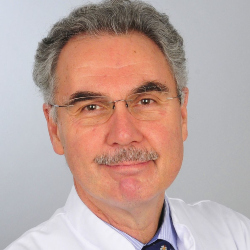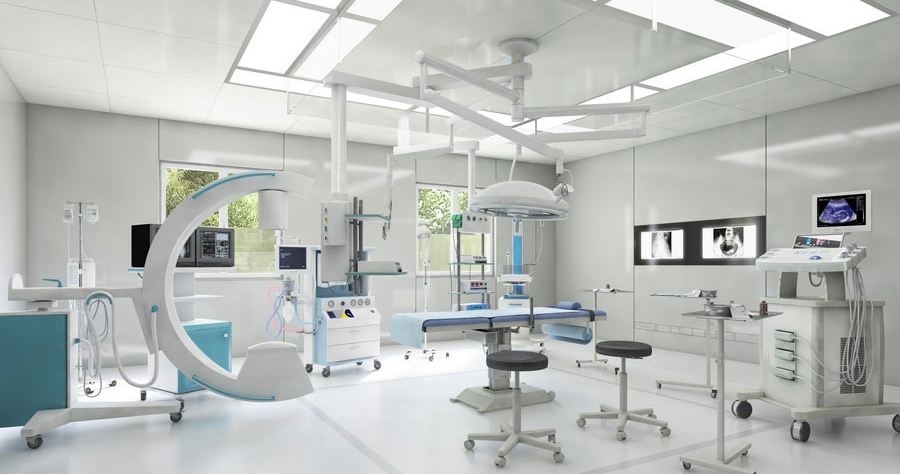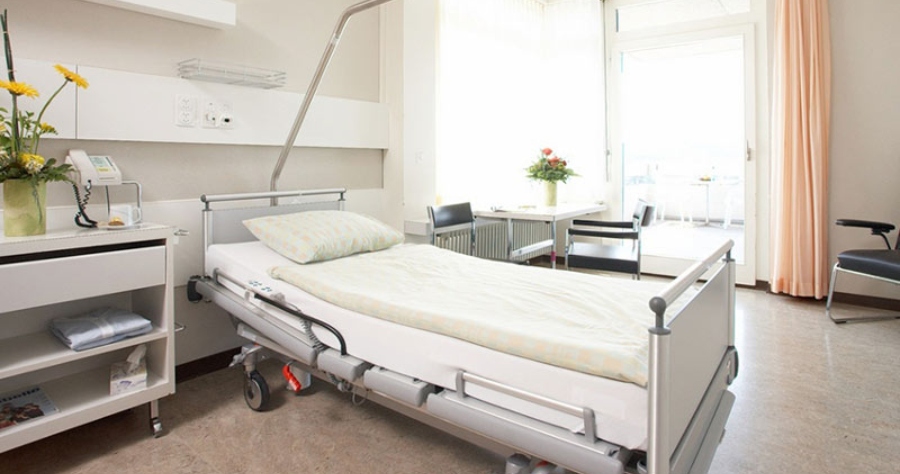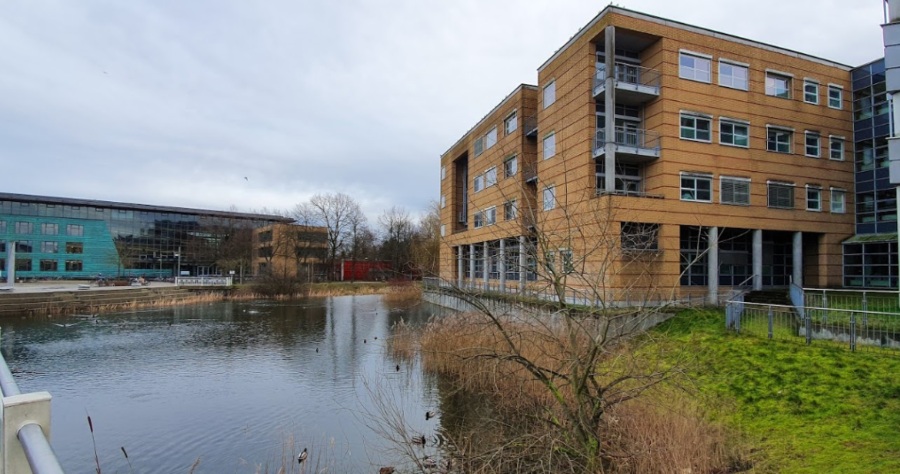University Hospital Greifswald
![]() Greifswald, Germany
Greifswald, Germany
Conservative treatment of acute pancreatitis
- Initial consultation with the doctor
- clinical examination
- gastroenterological examination
- review of medical records
- laboratory tests:
- complete blood count
- biochemical analysis of blood
- serum amylase
- lipase
- liver function test
- electrolytes
- blood urea nitrogen (BUN)
- pancreatic function test
- creatinine
- hormonal analysis
- general urine analysis
- abdominal ultrasonography
- magnetic resonance cholangiopancreatography (MRCP)
- endoscopic retrograde cholangiopancreatography (ERCP)
- biopsy (if indicated)
- computed tomography (CT) guided needle aspiration
- histological and immunological analysis of the fluid
- nursing services
- consultation with gastroenterologist
- consultation with other related specialists
- symptomatic treatment
- cost of medicines
- pre-procedure workup
- endoscopic Pancreatic Necrosectomy
- post-procedure analysis
- treatment by leading expert
- full hospital accommodation
- explanation of an individual treatment plan
- written prescription
Department of Gastroenterology, Endocrinology, Nephrology, Rheumatology, Nutritional, and Emergency Medicine

Head of the Department
Prof. Dr. Markus M. Lerch
Department of Gastroenterology, Endocrinology, Nephrology, Rheumatology, Nutritional, and Emergency Medicine at University Hospital Greifswald offers the full range of the latest, cutting-edge diagnostics and therapeutics for various diseases. The department works in close...
Read MoreAbout University Hospital Greifswald
University Hospital Greifswald, established in 1956, is one of the oldest and nationally-recognized medical centers in Germany. The 32 specialized departments and 19 institutes of the hospital provide the entire spectrum of medical care and work together to ensure the highest level of care for patients. All aspects of activities such as patient care, research, and teaching are all provided on a national and internationally recognized level. The hospital offers its care in both an inpatient and outpatient fashion as it consists of general wards with 939 beds and 32 polyclinics where the medical staff treats over 36,000 inpatients and over 100,000 outpatients every year, respectively. Specialists of the surgery departments perform nearly 6,000 outpatient operations annually in the state-of-the-art outpatient operating rooms.








